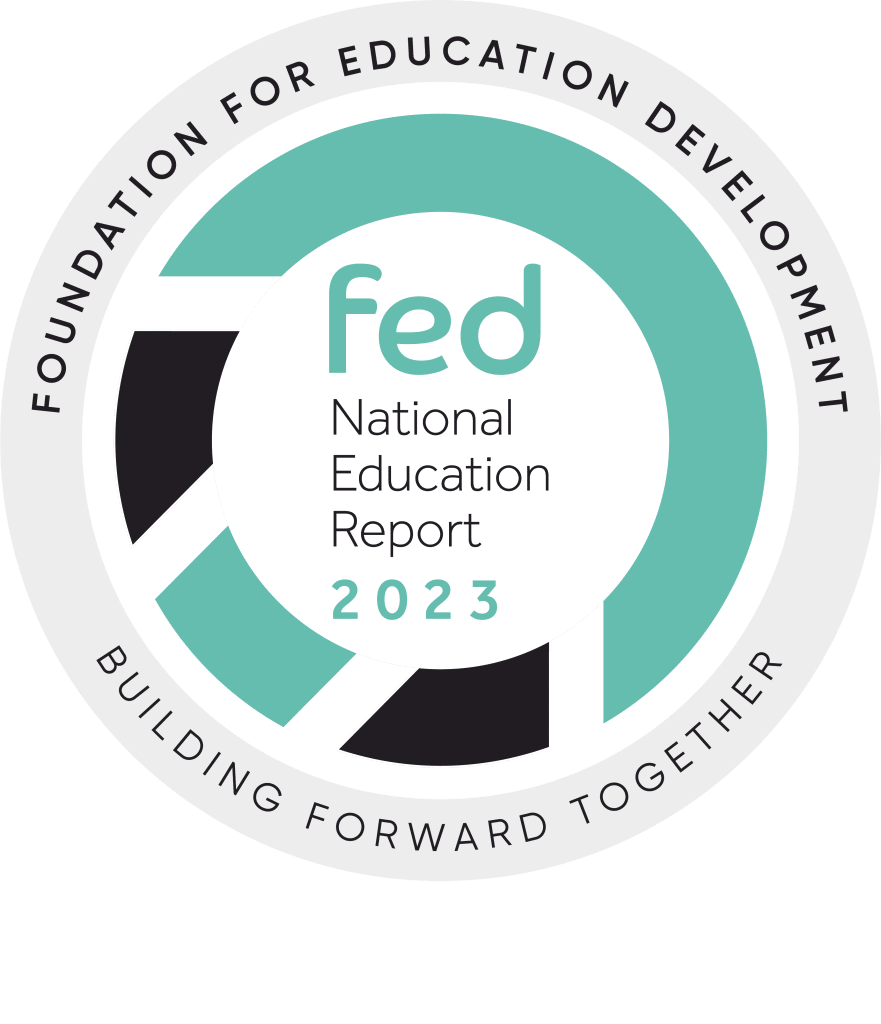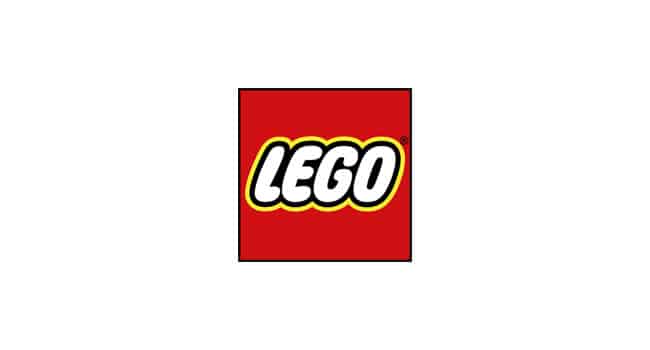As we move into the second year of our work at the Foundation for Education Development (FED) and following the launch of the FED National Education Consultation Report, we hosted a roundtable discussion seeking to answer the theme ‘Building a Skills Continuum: How can we build a continuum of skills and creativity from early years to post-16?’
We asked Kate Gillingham, Head of UK & Ireland Government and Public Affairs at The LEGO Group, to write a thinkpiece following her input in this roundtable discussion. Kate highlights five skills of holistic skills that children need to succeed. Alongside the 10 next steps identified by David Gallagher at the roundtable, both of these insights help shape our thinking about what is needed in a long-term vision and plan for education.
Creating the foundations – why skills matter from an early age
At the LEGO Group our mission is to ‘inspire and develop the builders of tomorrow’. A critical component of this is ensuring that children today have the skills and competencies necessary to thrive in the 21st century; enabling them to navigate the challenges and seize the opportunities presented by an increasingly interconnected and dynamic world.
The LEGO Foundation highlights five skills of holistic development that children need to succeed:
- Cognitive skills such as concentration and problem solving
- Creative skills allowing children to develop, express and evaluate new ideas
- Physical skills to help nurture healthy bodies and maintain wellbeing
- Social skills to empower collaboration and communication
- Emotional skills to enable children to mange their emotions, be confident and relate to others
Children and young people need these skills to thrive. At the same time, such skills are demanded by employers. The World Economic Forum stated in ‘The Future of Jobs Report 2020’ that critical thinking, problem solving, and active learning are amongst the skills in greatest demand ahead of 2025. Additionally, recent global events have underlined the need for future generations to be creative lifelong learners with the skills to generate solutions to global challenges; addressing climate change is a pertinent example of this.
Whilst skill development is often a consideration for post-16 school leavers or in the context of adult reskilling, our belief is that the development of essential skills is critical from a young age. It is crucial that students are equipped with the skills required by communities, employers, and broader society. Moreover, we must lay the foundations for children to become lifelong learners. Only if we prepare children with the right tools, such as having growth mindset which is open to new ideas and resilient to failing and trying again, will they be able pivot and respond to changing needs in the future.
At the LEGO Group, we believe that consideration of how children learn, not just what they learn is an essential component of skill development. Our view is that learning-through-play can be pivotal in enabling children’s holistic skill development. Through playful learning approaches, students can systematically explore, experiment, and iterate. This allows them to connect ideas, be creative and to apply their knowledge to real-world situations. Furthermore, playful learning enables children to develop curiosity and the motivation necessary to seek out new opportunities, to have confidence, take risks and engender a love of learning.



